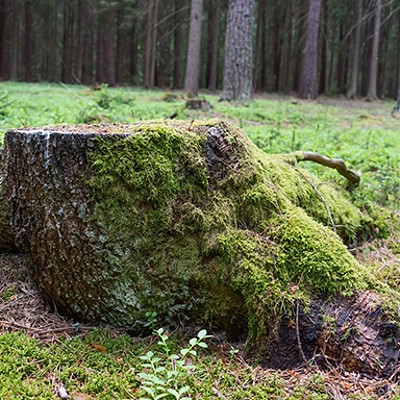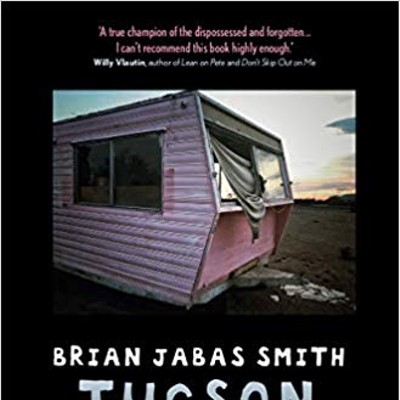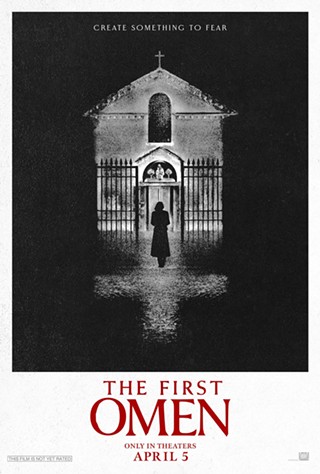In 1972, Mark Moskowitz bought the book Stones of Summer based on a good review in The New York Times. Unfortunately, he found the book's dense prose a bit off-putting, and wound up tossing it on a shelf, where it rested for about 10 years.
Then, in the early '80s, he took it off the shelf and started to read it. Again, it didn't strike his fancy, and he put it away. Strangely, sometime in the mid-'90s, he picked it up again and read it through and decided it was great, and that he had to read everything else by that author.
So he went a-looking for some more books by the mysterious Dow Mossman, and didn't find any. It seemed that not only was Stones of Summer the only book Mossman had written, Mossman himself was nowhere to be found. So Moskowitz, being a filmmaker, decided to make a movie about his attempts to find Mossman, which wound up taking him more than two years and a lot of trips to Iowa.
There are basically two approaches to the documentary film (and by "basically," I mean "for the purposes of the following tendentious and not really accurate distinction").
In one form, seen in such films as Atomic Cafe or the recent (and excellent, and still playing) Weather Underground, the filmmakers assemble a lot of archival footage and try to tell a story, at least in part, by the filmic record that it left behind. Such films tend to feature a lot of edits and an overload of information.
The other kind is made at the same time its story is unfolding and tends to be quieter, less-rapidly edited and more prone to surprises. Neither the audience nor the filmmakers know what's going to happen next, and a sense of being part of the process is shared with the viewer.
Stones of Summer is in the latter category, even going so far that filmmaker Mark Moskowitz shows reels of undeveloped film to the camera and, addressing the viewers, says, "You've already seen this reel because I'm going to edit it in before this, but I haven't seen it yet."
This really works. In fact, the whole film works. It's tremendously pretty; Moskowitz uses his skills as a commercial filmmaker (he does a lot of campaign commercials during the political season) and his lovely suburban home to good effect. If you want to see autumn leaves being raked, this is the film for you.
He also makes good use of his status as a filmmaker to get interviews with people who are shockingly under-interviewed in the mainstream media. One might be surprised to learn that literary critics Leslie Fiedler and John Seelye have more interesting things to say than do such People magazine favorites as Ben Affleck or Arnold Schwarzenegger or Satan.
The best interview of all comes in the second of the film's three parts. As Moskowitz starts to close in, he tracks down Mossman's old writing teacher, the truly bizarre William Cotter Murray. A mildly successful writer in his own right, Murray is also charmingly insane. He laughs at virtually everything he says, though none of it even takes the form of a joke, and much of it is decidedly unfunny ("I believe I drove Mossman insane ... ha ha ha ... he actually was institutionalized ... ha ha ha"). Moskowitz could easily have made the whole movie about Murray, and somebody should probably do that at some point.
When not interviewing psychopathic literati, Moskowitz likes to do voice-over narration while showing images of butterflies and flowers and butterflies on flowers and flowery butterfly pony kittens. I will go out on a limb and make the controversial claim that butterflies are pretty, so what the hell, you might as well film them.
They also complement the elongated sadness of the film, whose two-year making tries to recover the 30-year absence of Mossman from the literary scene. It would spoil the surprise to say whether or not Moskowitz finds Mossman alive, but I will say that thanks to Moskowitz's film, Stones of Summer is back in print and receiving rave reviews. The film Stone Reader is getting the same response, and it deserves it.













